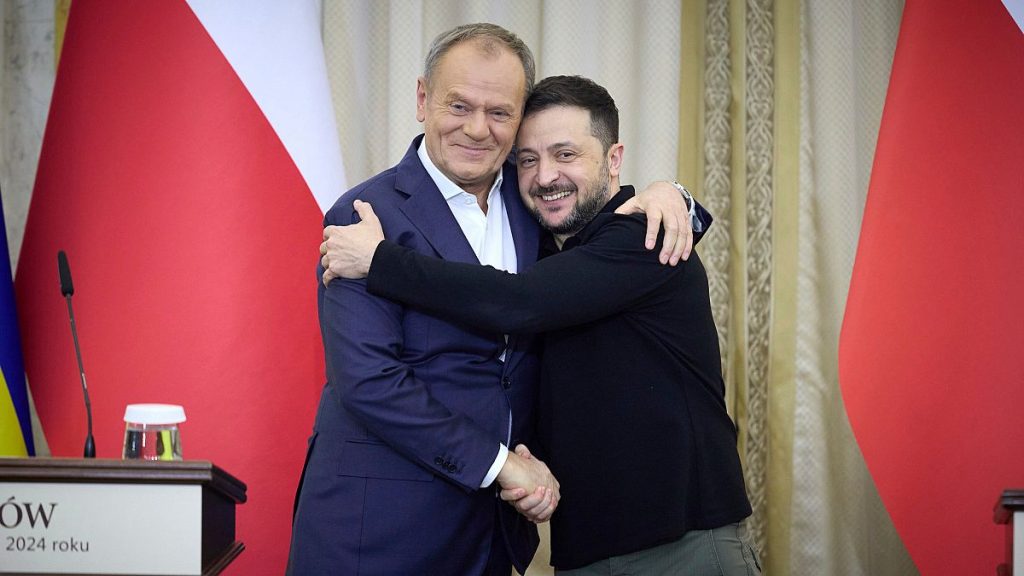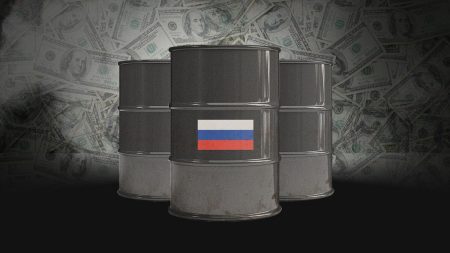The relationship between Poland and Ukraine, while solidified by shared opposition to Russia’s aggression, has long been overshadowed by the specter of the Volhynia massacres. These atrocities, committed between 1943 and 1945 by Ukrainian ultranationalists against Polish civilians in the Volhynia region (then part of Nazi-occupied Poland, now within Ukraine’s borders), have left a deep wound in the Polish national psyche. The estimated 100,000 Polish victims, often entire villages brutally slaughtered, represent a painful historical chapter that continues to resonate in present-day Polish society. While Ukraine acknowledges the tragic events, the issue of exhuming the remains of Polish victims for proper burial has been a source of contention, hindering full reconciliation between the two nations. Recent developments, however, signal a potential breakthrough.
A recent agreement between Poland and Ukraine on the exhumation of Polish victims marks a significant step towards addressing this sensitive historical issue. This agreement, facilitated by diplomatic efforts and a shared desire to move forward, was publicly announced by Polish Prime Minister Donald Tusk, who emphasized the importance of this step for both nations. The agreement allows for the start of exhumations, a key demand from the Polish side, enabling the proper burial and commemoration of the victims. The Freedom and Democracy Foundation, a non-governmental organization, has been tasked with carrying out the exhumations, commencing in April. This represents a concrete step towards acknowledging and addressing the historical trauma, potentially paving the way for improved relations between Poland and Ukraine.
The timing of this agreement coincides with Poland’s holding of the rotating presidency of the European Union, a position that adds weight to its diplomatic initiatives. Ukraine’s aspiration to join the EU further underscores the importance of resolving this historical dispute with Poland, a key member state. The agreement signifies a willingness on both sides to overcome historical baggage and work towards a future based on mutual respect and understanding. For Poland, this represents a significant achievement, fulfilling a long-standing demand related to its national memory and historical justice. For Ukraine, it represents an opportunity to demonstrate its commitment to European values and reconciliation with its neighbors.
Beyond the diplomatic implications, the exhumation agreement also carries significant domestic political weight in Poland. Prime Minister Tusk’s announcement is seen as a strategic move, addressing a sensitive issue important to many Polish voters, particularly in light of the upcoming presidential elections. The issue of the Volhynia massacres resonates deeply with the Polish electorate, and Tusk’s demonstrable progress on this issue aims to bolster his party’s standing and counter the narratives of nationalist opposition figures like Karol Nawrocki. Nawrocki has made historical issues, including the Volhynia massacres, a central theme of his campaign, seeking to capitalize on lingering resentment among some Poles. The exhumation agreement, therefore, serves as a preemptive measure by Tusk’s government to address these concerns and demonstrate its commitment to national memory.
The historical context of the Volhynia massacres is complex and deeply intertwined with the turbulent events of World War II. During the Nazi occupation of eastern Poland, Ukrainian nationalist groups, including the Ukrainian Insurgent Army (UPA), sought to establish an independent Ukrainian state. These aspirations, however, were accompanied by brutal acts of ethnic cleansing, targeting Polish populations within the region. The massacres, characterized by widespread violence and destruction, resulted in the deaths of tens of thousands of Polish civilians. While the UPA’s primary goal was to establish an independent Ukraine, their methods and the targeting of civilians remain a highly controversial aspect of Ukrainian history.
The Volhynia massacres remain a sensitive and complex issue, deeply embedded in the historical narratives of both Poland and Ukraine. While the recent agreement on exhumations marks a significant step towards reconciliation, the path towards full understanding and healing remains a long-term process. The massacres serve as a stark reminder of the devastating consequences of ethnic violence and the importance of addressing historical trauma. The agreement, while focused on the practical matter of exhumations, also symbolizes a broader commitment to confronting the past and working towards a future where such atrocities are never repeated. The shared opposition to Russian aggression further underscores the necessity of unity and cooperation between Poland and Ukraine, making the resolution of historical disputes all the more crucial.










